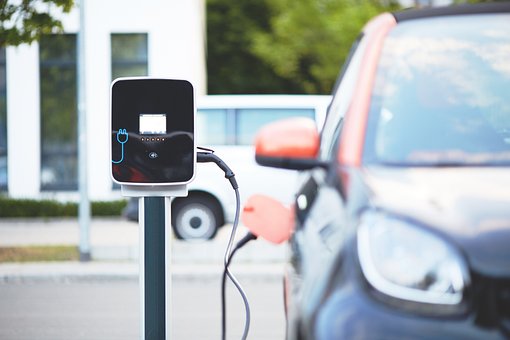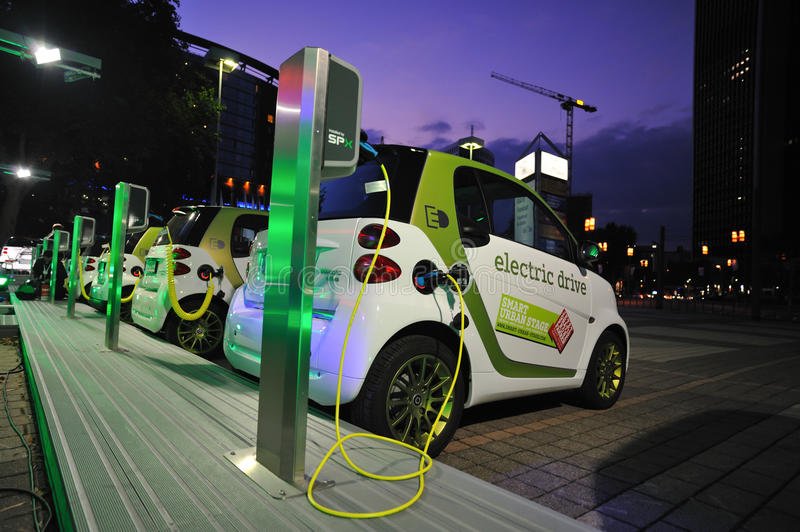Transport is a basic requirement for everyone in their life. Talking about this modern life, it is the backbone of any economy. But we know that traditional vehicles are quickly becoming outdated with the introduction of new Electric Vehicles in recent times. Traditional petrol or diesel vehicles are highly polluting and are getting replaced at a very high speed by fully Electric Vehicles. Electric vehicles have zero emissions and are perfect for the environment in every manner. Here we have explained everything about EV Vs Petrol/Diesel Cars.
Current Market Scenario
So, we know that there are lots and lots of options available right now and it has become very difficult to pick the right vehicle for ourselves. We need to analyze a lot of things before choosing the right vehicle for ourselves. There are different segments of different brands and every brand is offering various models which makes selecting a vehicle a herculean task for common people. If you look at different available options, we will find that almost all mainstream cars nowadays offer more than one engine option. We can take the example of Tata Nexon, which is available in diesel as well as in petrol vehicle variants and now it is also available in electric variants.
Earlier there were only two options diesel or petrol and people who wanted a cheaper one would choose diesel over a petrol one. But, right now, with the introduction of electric vehicles, this decision-making process is becoming tougher day by day.
In this article, we will do a comparison between electric cars versus petrol/diesel cars which will help our readers to have a better understanding as to which one to choose.

EV Vs Petrol/Diesel Cars
- We all know that an electric car runs on electrical energy which is stored in a rechargeable battery. In contrast, a conventional car runs on fuel which is either petrol or diesel or even CNG nowadays. Looking at the external design and model, it is very difficult to differentiate between an electric car and a petrol/ diesel car.
- Working of an Electric Car – An electric car is equipped with an electric system comprising a battery pack, electric motor, and transmitter. The energy that is stored in the battery is transmitted to the motor through a controller after which the motor converts the electrical energy into mechanical energy through the transmitter which propels the wheels. The main advantage of an electric motor is that it is silent and emits no noise during its operation.
- Working of Petrol/ Diesel Car – Conventional car is equipped with an internal combustion engine that burns fuel which propels the car. The engine of such a car includes an engine, transmission, driveshaft axles, and differential. The internal combustion engine burns the mixture of fuel and air with the help of a spark and generates mechanical energy which is transferred to the transmitter which releases the power to the wheels via the drive shaft and differential parts. In simple words, we can explain that a conventional engine burns fuel to generate energy that propels the vehicle.
Other Factors
- Cost Comparison – We know that the cost of the vehicle is a very important factor when it comes to common people. The cost of an electric vehicle is higher as compared to that of a conventional car. The basic reason behind this is the advanced technology and complex electric powertrain.
- Registration Charges– This is a very interesting fact that very few people know that in India, there are no registration charges for any electric vehicle while purchasing it. Whereas in the case of a petrol or diesel vehicle, the registration charges are high and it depends on the price of the vehicle.
- Subsidies and Incentives– There are different incentives and subsidies provided by the government when purchasing an eco-friendly electric vehicle which brings down its price. There are also different tax benefits associated with an electric vehicle while on the other hand petrol or diesel vehicles do not have any such benefits.
- Resale Value– If we talk and compare in terms of resale value, then we would like to tell you that there is a lack or shortage in the supply of second-hand electric vehicles in the market right now which means it will give you a higher resale value than any petrol or diesel engine powered car. The resale value also depends on the model, condition, location, and other factors.
Comparison Between EV Vs Petrol/Diesel Cars
| Particulars | Petrol Cars / Diesel Cars | Electric Cars |
| Purchasing Cost | Starts from ₹ 2 Lakhs | Starts from ₹5 lakhs |
| Maintenance Cost | Higher | Lower |
| Range | 20 km per liter | 200 – 500 km per charge |
| Running Cost | ₹ 5 per km | ₹ 1 – ₹1.5 per km |
| CO2 Emissions | Higher | Nil/ Zero |

Conclusion
The most important point while purchasing any vehicle is what is our requirement. What we are buying it for depends on our needs, wants, and desires. Everything has pros and cons. It is up to us what we select for ourselves depending upon different factors which suit us. Everyone’s choices and preferences differ from one another. We need to select vehicles for us depending on our situation and circumstances.
One thing we know is that, after reading this article, our readers will have a fair knowledge of EV Vs Petrol/Diesel Cars. It will be easier for them to make choices for themselves.

